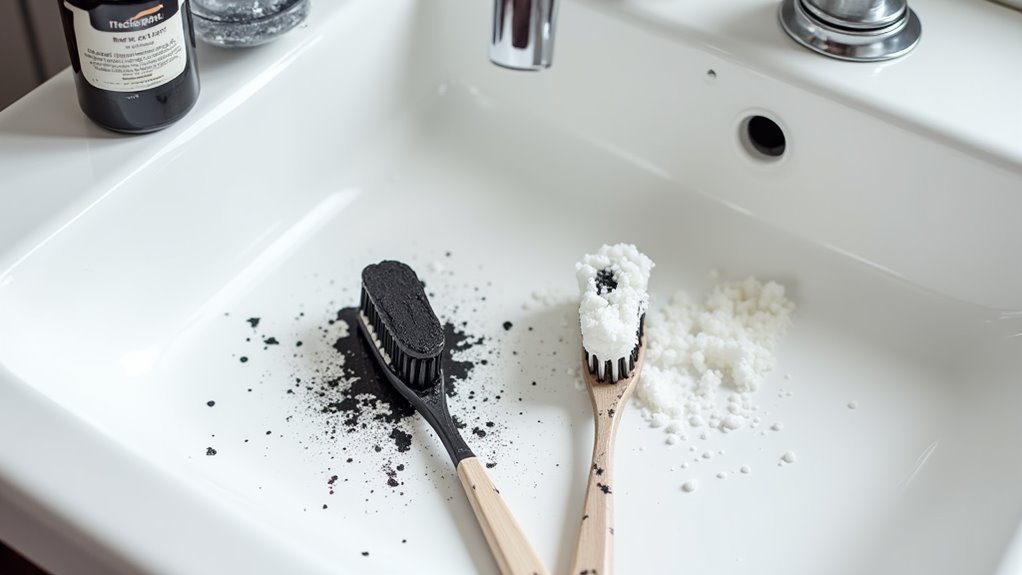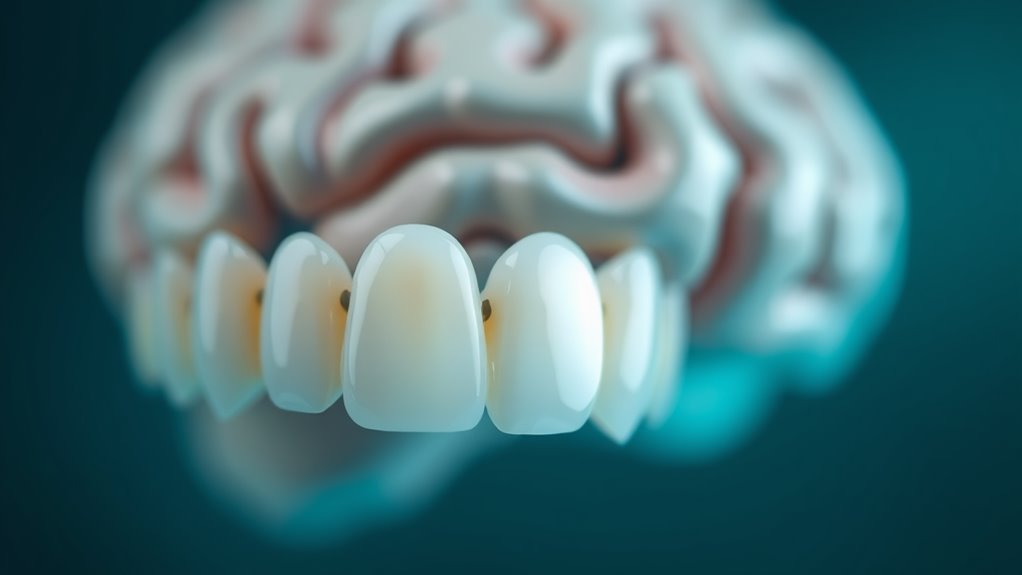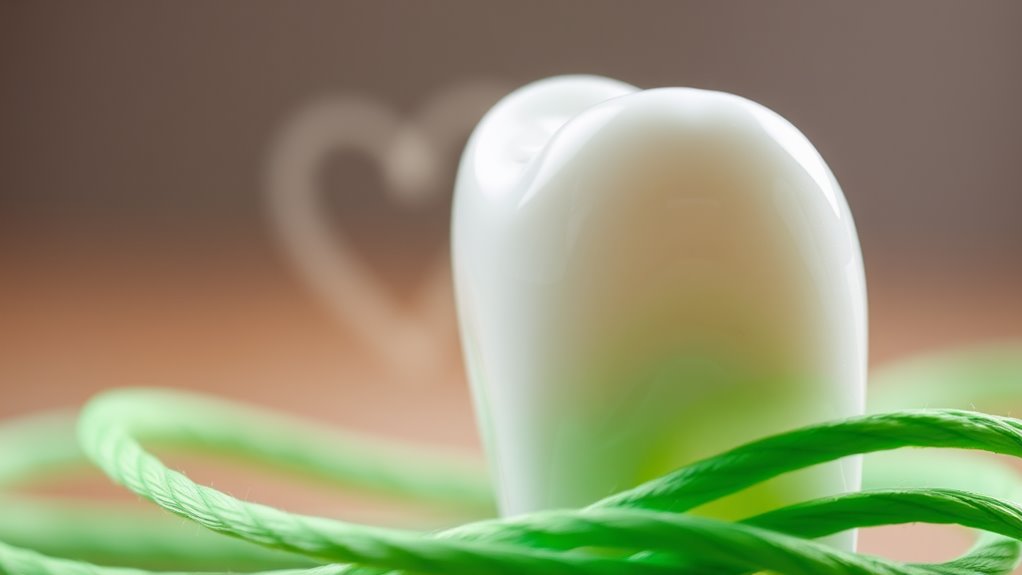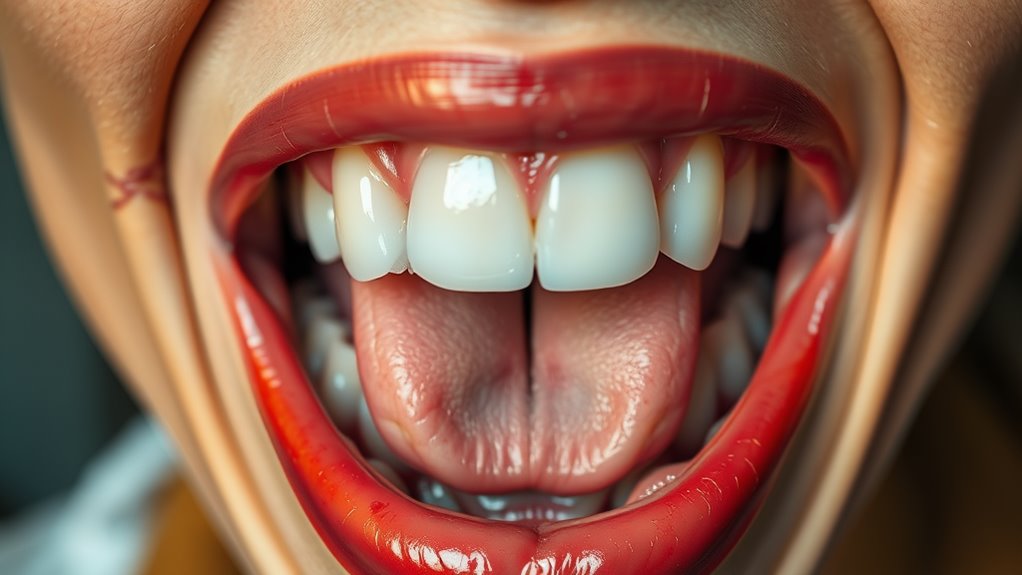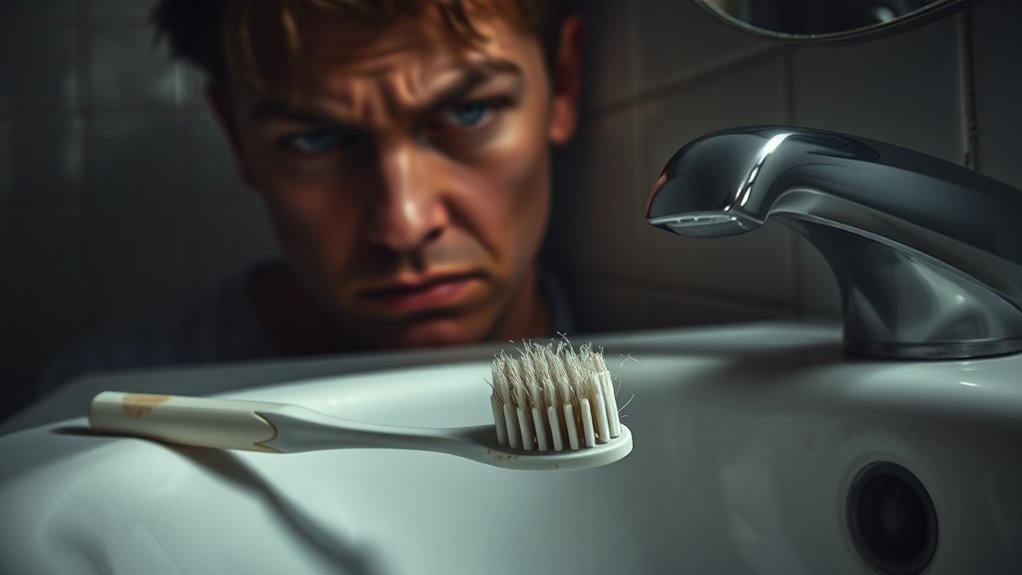Shocking! The Truth About Charcoal Toothpaste and Whitening!
You’ve probably seen the striking before-and-after photos of charcoal toothpaste transforming yellow teeth into pearly whites. But what if those dramatic results come at a hidden cost? While activated charcoal has become a trendy ingredient in oral care products, dental professionals are raising red flags about its safety and effectiveness. Before you jump on the charcoal bandwagon, there’s more to this black powder than meets the eye.
The Science Behind Charcoal’s Whitening Properties
Activated charcoal’s whitening effect comes from its highly porous and absorbent structure. When you brush with charcoal toothpaste, millions of microscopic pores trap and remove surface stains from your teeth. The charcoal’s negative charge attracts positively charged particles like tannins from coffee, tea, and wine.
However, you’ll want to understand the charcoal toothpaste myth that’s been circulating. While charcoal can remove surface discoloration, it won’t change your teeth’s natural color or penetrate deep stains. The abrasive nature of charcoal particles might actually damage your enamel if used too frequently. Think of it like sandpaper – effective for surface cleaning but potentially harmful with excessive use.
What’s truly innovative about charcoal in oral care isn’t just its whitening abilities, but its capacity to balance your mouth’s pH levels and absorb harmful compounds. This makes it a multifunctional ingredient that goes beyond simple stain removal.
Hidden Risks and Safety Concerns of Charcoal Toothpaste
While charcoal toothpaste has gained popularity as a natural whitening solution, dental professionals have raised several red flags about its potential risks.
You’ll find that charcoal’s abrasive nature can wear down your tooth enamel, leading to increased sensitivity and vulnerability to decay. Once damaged, your enamel won’t regenerate.
What’s more concerning is that some charcoal particles can become lodged in existing cavities or gaps, potentially causing gum irritation and discoloration.
You’re also risking the effectiveness of your regular oral care routine, as charcoal might interfere with the fluoride’s ability to protect your teeth. Studies have shown that many charcoal toothpaste brands lack essential ingredients for maintaining oral health.
Before jumping on this trend, you should know that charcoal’s absorption properties could bind with your medications, reducing their effectiveness.
There’s also limited long-term research on charcoal’s safety in oral care products. Additionally, it’s crucial to remember that the abrasive nature of charcoal can lead to increased tooth sensitivity and irritation, much like sodium lauryl sulfate (SLS) found in some traditional toothpastes.
Expert Dentists Weigh In: What You Need to Know
Leading dental experts have increasingly voiced their concerns about charcoal toothpaste’s popularity, with many warning against its regular use. They cite the lack of long-term scientific research and potential damage to your tooth enamel as major red flags.
Dr. Sarah Chen, a prominent cosmetic dentist, emphasizes that charcoal’s abrasiveness can wear down enamel, leading to increased sensitivity and yellowing over time. Additionally, frequent consumption of certain foods like coffee, red wine, and berries can exacerbate the yellowing effect on teeth.
You’ll find that most dentists recommend sticking to traditional whitening methods that have been thoroughly tested and approved.
Dr. James Miller, from the American Dental Association, points out that while charcoal may remove surface stains, it won’t change your teeth’s natural color. Instead, he suggests consulting your dentist about professional whitening treatments or using ADA-approved whitening toothpaste.
If you’re still interested in trying charcoal toothpaste, experts advise using it no more than once a week and choosing products with fine, not coarse, charcoal particles.
